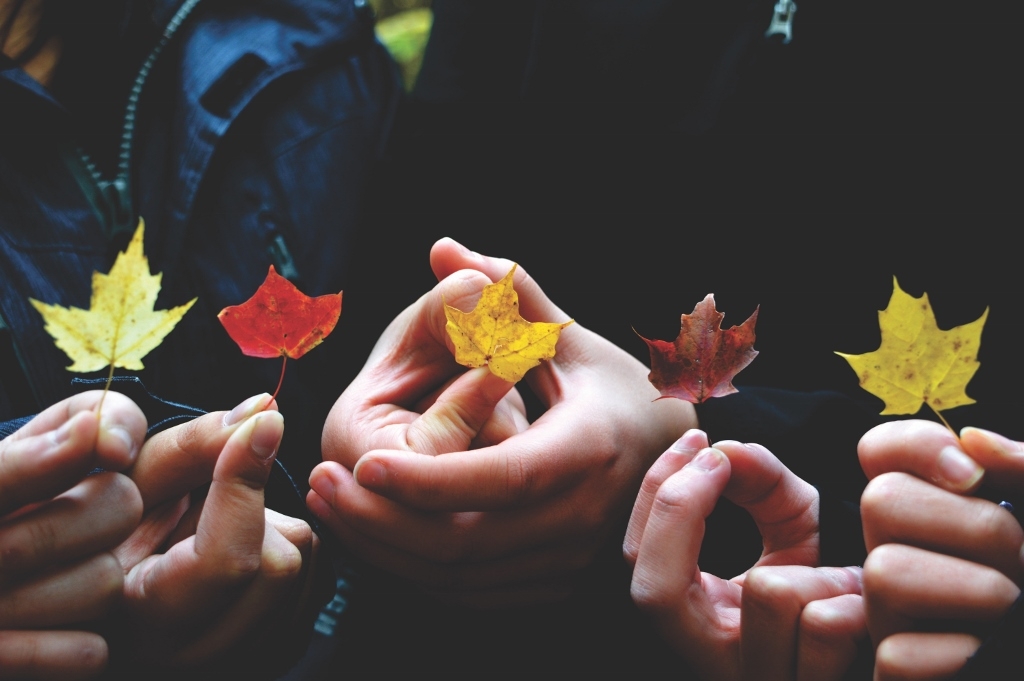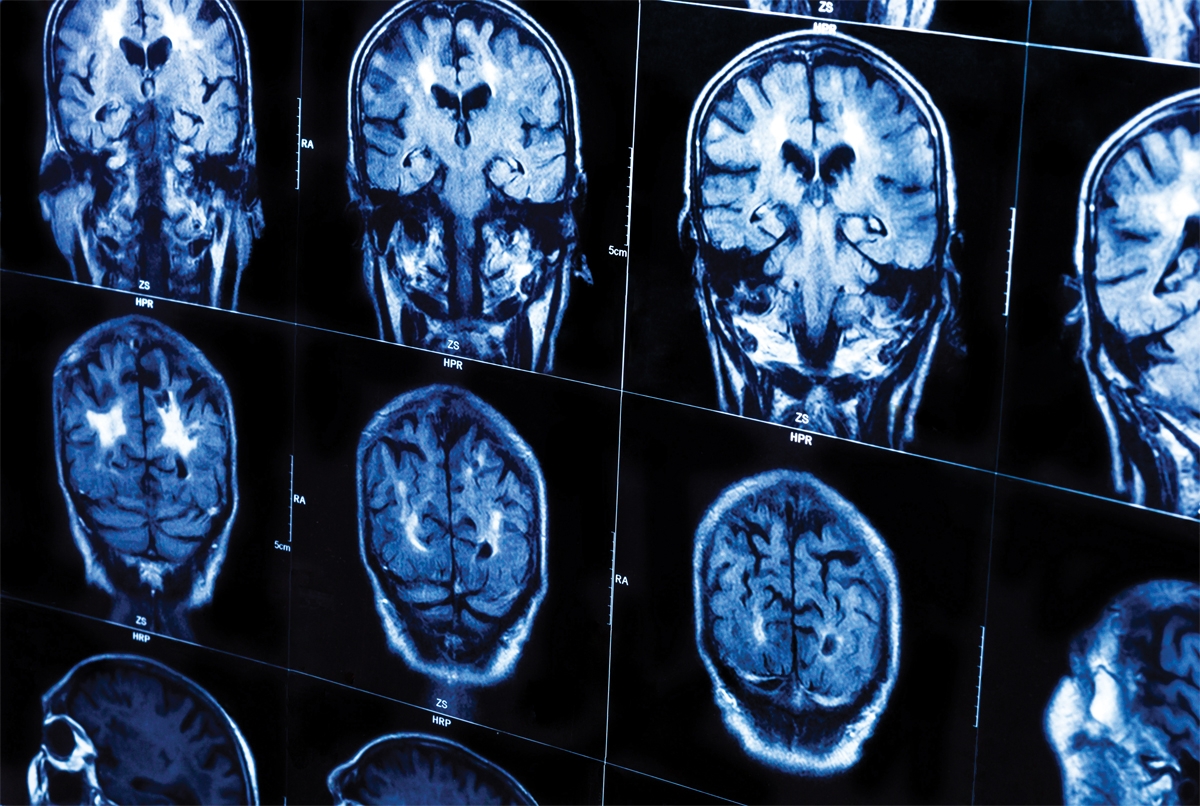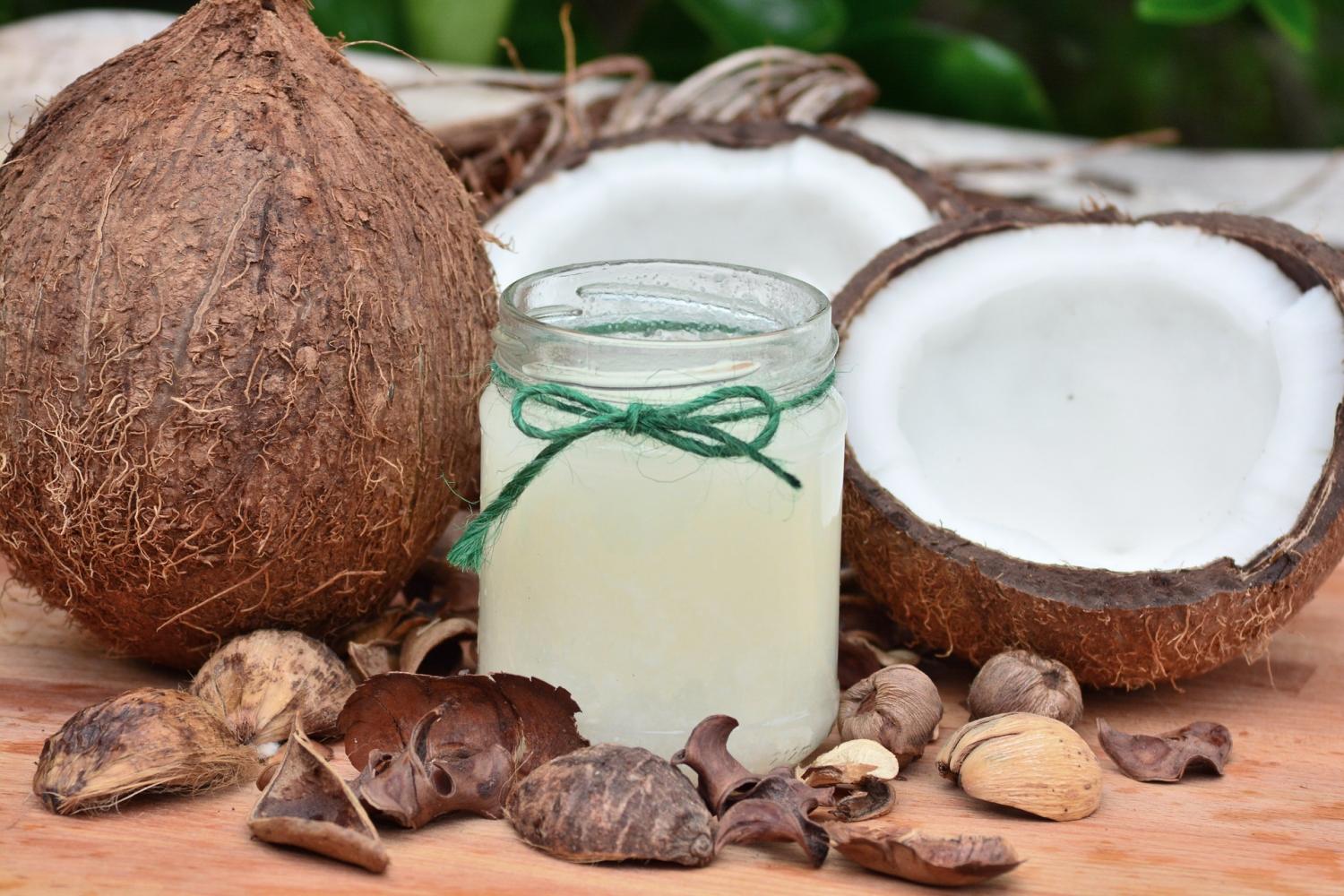
The Other Side of Reason – Self-Forgiveness
Involved in a bus accident that took the lives of six people, David Gibson has been battling through PTSD for over three years. In an effort to better understand himself and to communicate with others, he turned to writing. His first book was The Other Side of Reason: A Journal on PTSD. This column continues that text.
[On change & loss]
It's October. The end of summer, the start of autumn. The month when nights start to overtake days. The darkness keeps on seeping in, evening after evening, and with it, the fading of all summer memories, those shiny evenings and days full of possibility.
Now it seems null and void somehow, a vague far-off memory. And I'm left miserable and moping, trying, but failing, to find my feet in this new seasonal landscape.
The seasons of course have their own reflections in life. I feel it because I have lost someone – my possibility within this season of change.
____________________________
Experiencing forgiveness either towards yourself or others can have a constructive, life-altering effect as part of the process of healing personal pain and trauma as well as building a more content life.
Just as with forgiving others, self-forgiveness can be a complex and at times challenging process, where you need to address various aspects of your personality, mindset, and behavior to move forward. As with forgiving others, self-forgiveness is not about forgetting about the past or excusing the trauma. It is about taking responsibility, healing, and changing.
The frustrating part of self-forgiving is that it also can take a long time to get to depending on your unique experience, circumstances and healing process.
It is also worth noting that self-forgiveness is different from forgiving someone else in one important way, in that it must be about reconciliation.
Learning to forgive yourself gives you the freedom to heal, let go, and move on. It is a tool that allows you to become more self-aware. Moreover, some believe that you cannot forgive another until you have learned self-compassion and self-forgiveness. In this sense, forgiveness is an undertaking of compassion; and learning to forgive yourself is an important step in learning to become a forgiving person.
Perhaps we were simply trying to protect ourselves or others and did the best we could at the time, or maybe we thought we had no other recourse and chose a solution in the heat of the moment. Once we can understand that dwelling in our negative feelings will only make us feel worse, we will come to recognize that it is really only through forgiving ourselves that we can transform our feelings and truly heal any resentment we have about our past.
Giving ourselves permission to feel at peace with our past actions is one of the most positive steps we can take toward living a life free from regrets, disappointments, and guilt. The more we are able to remind ourselves that the true path to a peaceful mind and heart is through acceptance of every part of our lives and actions, the more harmony and inner joy we will experience in all aspects of our lives.
Self-forgiveness is most often entwined with gummy topics for survivors of abuse and trauma: forgiving others, acceptance, trust and hope. To allow self-forgiveness, I believe we begin to gently question our layers of reflexive self-judgment.
In many ways I am finding that self-forgiveness opens the door to change by releasing resistance and deepening your connection with yourself.
Ultimately I have to be able to feel comfortable with this question – Can you allow yourself to be imperfect and trust that you are doing the best you can?
It’s very hard to hide from the truth as we know it and told it.
If of course, we’re willing to tell the truth and hear it.
This is my self-forgiveness journey.
Until next time.









